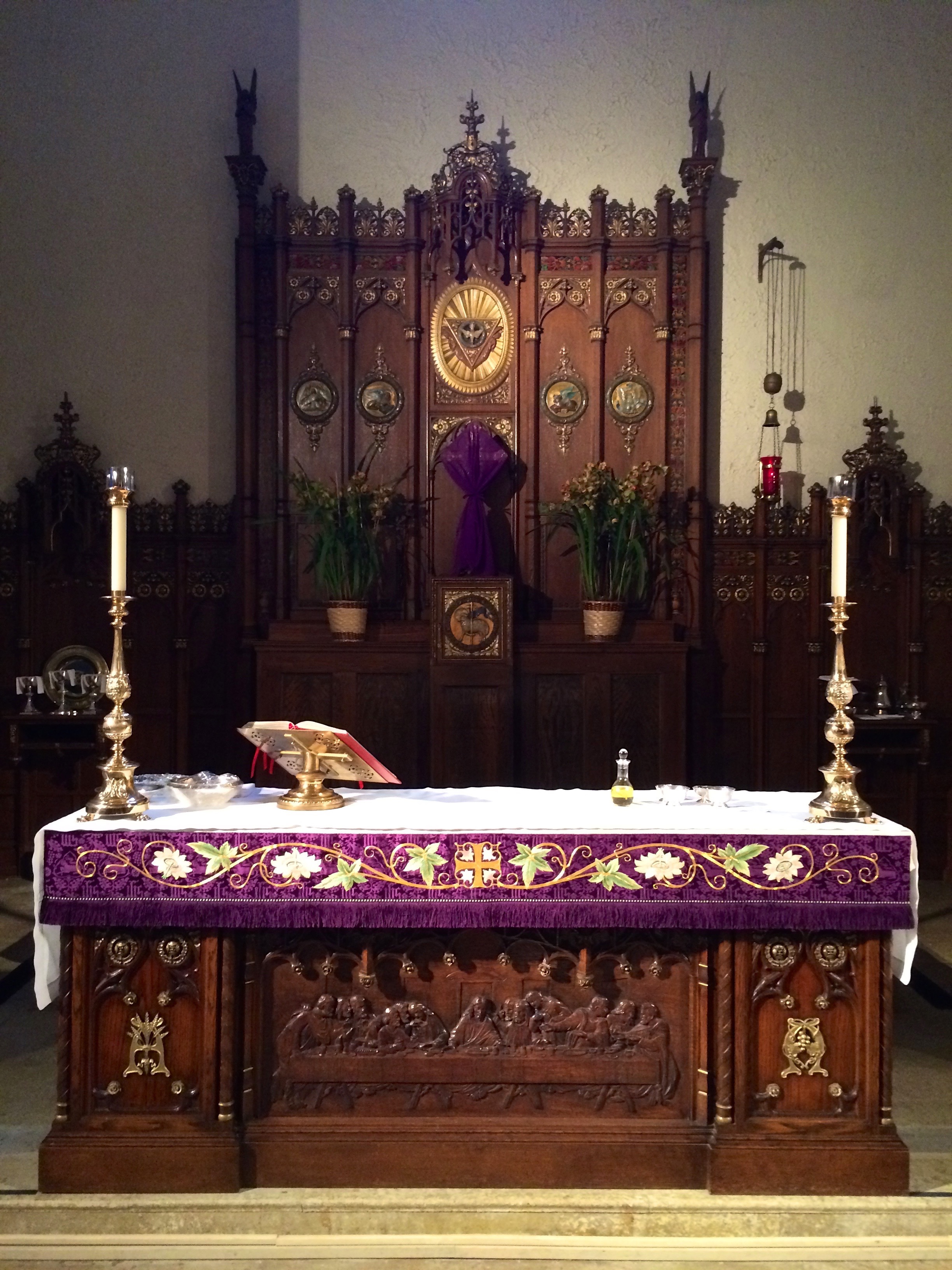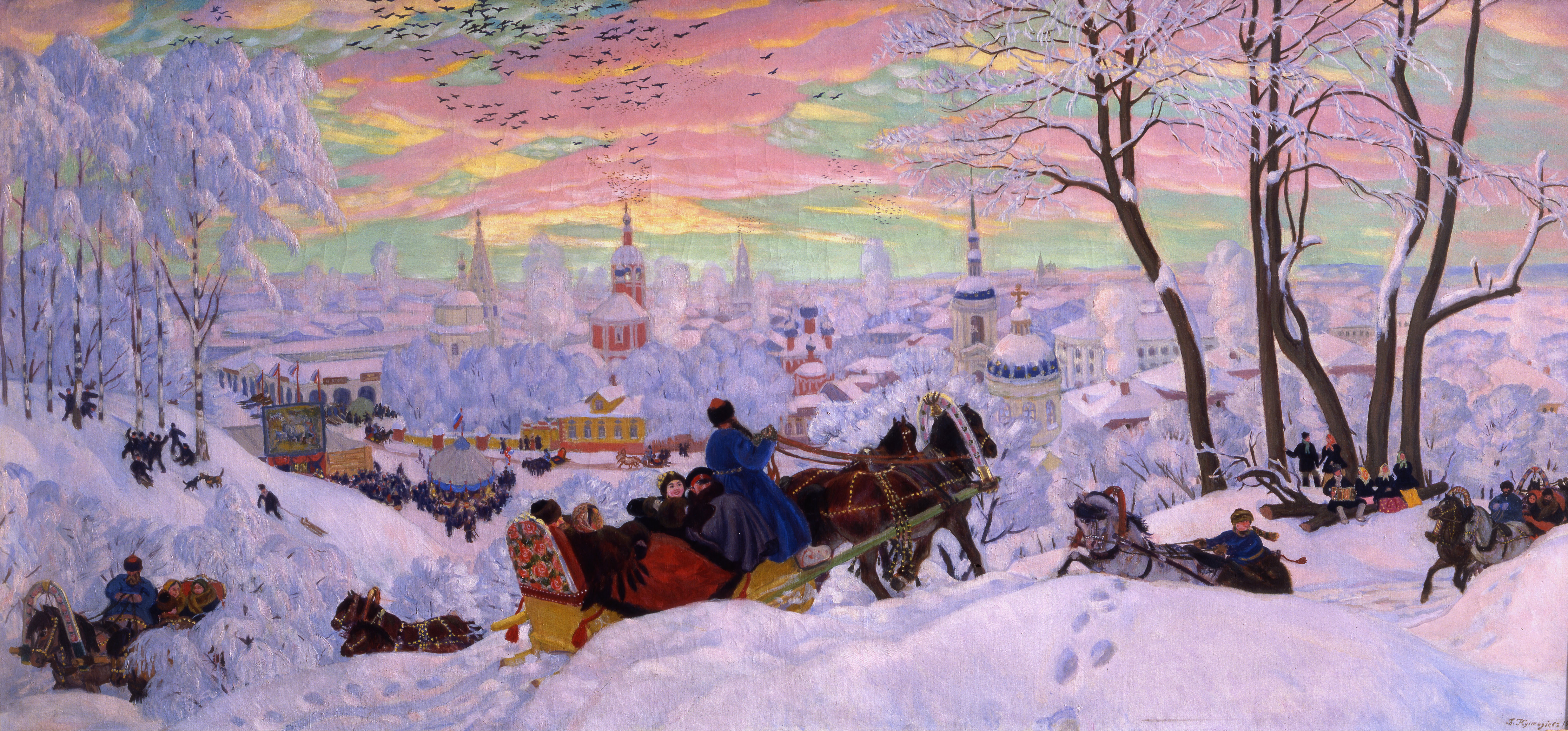|
Welsh Holidays
Various traditions are practiced on certain days of the year in Wales both currently and historically, including festivities originating in Welsh, Celtic, English and Christian cultures. History As recorded in the Laws of Hywel Dda, the three main holidays (''gwyliau'') of the medieval Welsh kingdoms were Christmas (''Nadolig''), Easter (''Pasg''), and Whitsuntide (''Sulgwyn''). Other important holidays were the feasts of St Patrick (''Gwyl Badric'') on 17 March; St. Quiricus (''Gwyl Giric'') on 16 June; the Beheading of John the Baptist (called in Welsh ''Gwyl Ieuan y Moch'' St. John of the Swine as it was the day the pigs were turned out into the woods to forage through the winter) on 29 August; St Michael (''Gwyl Fihangel'') on 29 September; and the Calends of Winter (''Calan Gaeaf'') on 1 November, All Saints' Day (''yr Holl Saint''). A special drink called the "liquor of the Apostles" (''gwirawd yr ebestyl'') was brewed for and distributed on these saints' days. Mod ... [...More Info...] [...Related Items...] OR: [Wikipedia] [Google] [Baidu] |
Wales
Wales ( ) is a Countries of the United Kingdom, country that is part of the United Kingdom. It is bordered by the Irish Sea to the north and west, England to the England–Wales border, east, the Bristol Channel to the south, and the Celtic Sea to the south-west. , it had a population of 3.2 million. It has a total area of and over of Coastline of Wales, coastline. It is largely mountainous with its higher peaks in the north and central areas, including Snowdon (), its highest summit. The country lies within the Temperate climate, north temperate zone and has a changeable, Oceanic climate, maritime climate. Its capital and largest city is Cardiff. A distinct Culture of Wales, Welsh culture emerged among the Celtic Britons after the End of Roman rule in Britain, Roman withdrawal from Britain in the 5th century, and Wales was briefly united under Gruffudd ap Llywelyn in 1055. After over 200 years of war, the Conquest of Wales by Edward I, conquest of Wales by King Edward I o ... [...More Info...] [...Related Items...] OR: [Wikipedia] [Google] [Baidu] |
Calennig
Calennig () is a Welsh word meaning "''New Year celebration/gift''", although it literally translates to "the first day of the month", deriving from the Latin word kalends. The English word "calendar" also has its root in this word. It is a tradition where children carry a decorated apple, pierced with three sticks and decorated with a sprig of box and hazelnuts on New Year's Day. Children would sing a verse and were often gifted with money or food. Gift giving The tradition of giving gifts and money on New Year's Day is an ancient custom that survives even in modern-day Wales, though nowadays it is customary to give bread and cheese. Many people give gifts on New Year's morning, with children having skewered apples stuck with raisins and fruit. In some parts of Wales, people must visit all their relatives by midday to collect their Calennig, and celebrations and traditions can vary from area to area. In ''Stations of the Sun'', Ronald Hutton gives the following example of Calenn ... [...More Info...] [...Related Items...] OR: [Wikipedia] [Google] [Baidu] |
Lent
Lent (, 'Fortieth') is the solemn Christianity, Christian religious moveable feast#Lent, observance in the liturgical year in preparation for Easter. It echoes the 40 days Jesus spent fasting in the desert and enduring Temptation of Christ, temptation by Satan, according to the Gospels of Gospel of Matthew, Matthew, Gospel of Mark, Mark and Gospel of Luke, Luke, before beginning his Ministry of Jesus, public ministry. Lent is usually observed in the Catholic Church, Catholic, Lutheranism, Lutheran, Moravian Church, Moravian, Anglican Communion, Anglican, United and uniting churches, United Protestant and Eastern Orthodoxy, Orthodox Christian traditions, among others. A number of Anabaptism, Anabaptist, Baptists, Baptist, Methodism, Methodist, Calvinism, Reformed (including certain Continental Reformed Protestantism, Continental Reformed, Presbyterianism, Presbyterian and Congregational church, Congregationalist churches), and Nondenominational Christianity, nondenominational Ch ... [...More Info...] [...Related Items...] OR: [Wikipedia] [Google] [Baidu] |
Pancake Day
A pancake, also known as a hotcake, griddlecake, or flapjack, is a flat type of batter bread like cake, often thin and round, prepared from a starch-based batter that may contain eggs, milk, and butter, and then cooked on a hot surface such as a griddle or frying pan. Archaeological evidence suggests that pancakes were probably eaten in prehistoric societies. The pancake's shape and structure varies worldwide. In England, pancakes are often unleavened and resemble a crêpe. In Scotland and North America, a leavening agent is used (typically baking powder) creating a thick fluffy pancake. A ''crêpe'' is a thin pancake of Breton origin cooked on one or both sides in a special pan or crepe maker to achieve a lacelike network of fine bubbles. A well-known variation originating from southeast Europe is palatschinke, a thin moist pancake fried on both sides and filled with jam, cream cheese, chocolate, or ground walnuts, but many other fillings—sweet or savoury—can also be ... [...More Info...] [...Related Items...] OR: [Wikipedia] [Google] [Baidu] |
Shrove Tuesday
Shrove Tuesday (also known as Pancake Tuesday or Pancake Day) is the final day of Shrovetide, which marks the end of the pre-Lenten season. Lent begins the following day with Ash Wednesday. Shrove Tuesday is observed in many Christian state, Christian countries through participating in Confession (religion)#Christianity, confession, the ritual burning of the previous year's Holy Week palms, finalizing one's Lenten sacrifice, as well as eating pancakes and other sweets. Shrove Tuesday is observed by many Christians, including Anglicans, Lutherans, Methodists, Western Orthodox, Western-rite Orthodox Christians, and Roman Catholics, who "make a special point of self-examination, of considering what wrongs they need to repent, and what amendments of life or areas of spiritual growth they especially need to ask God's help in dealing with." This moveable feast is determined by date of Easter, the date of Easter. The expression "Shrove Tuesday" comes from the word ''wikt:en:shrive, shr ... [...More Info...] [...Related Items...] OR: [Wikipedia] [Google] [Baidu] |
St David
David (; ; ) was a Welsh Christian prelate who served as Bishop of Mynyw during the 6th century. He is the patron saint of Wales. David was a native of Wales, and tradition has preserved a relatively large amount of detail about his life. His birth date, however, is uncertain: suggestions range from 462 to 512. He is traditionally believed to be the son of Non and the grandson of Ceredig ap Cunedda, king of Ceredigion. The Welsh annals placed his death 569 years after the birth of Christ, but Phillimore's dating revised this to 601. Hagiography Many of the traditional tales about David are found in the ''Buchedd Dewi'' ("Life of David"), a hagiography written by Rhygyfarch around 1090. Rhygyfarch claimed it was based on documents found in the cathedral archives. Modern historians are sceptical of some of its claims: one of Rhygyfarch's aims was to establish some independence for the Welsh church, which had refused the Roman rite until the 8th century and now sought a ... [...More Info...] [...Related Items...] OR: [Wikipedia] [Google] [Baidu] |
Patron Saint
A patron saint, patroness saint, patron hallow or heavenly protector is a saint who in Catholicism, Anglicanism, Eastern Orthodoxy or Oriental Orthodoxy is regarded as the heavenly advocate of a nation, place, craft, activity, class, clan, family, or person. The term may be applied to individuals to whom similar roles are ascribed in other religions. In Christianity Saints often become the patrons of places where they were born or had been active. However, there were cases in medieval Europe where a city which grew to prominence obtained for its cathedral the remains or some relics of a famous saint who had lived and was buried elsewhere, thus making them the city's patron saint – such a practice conferred considerable prestige on the city concerned. In Latin America and the Philippines, Spanish and Portuguese explorers often named a location for the saint on whose feast or commemoration day they first visited the place, with that saint naturally becoming the area's patron ... [...More Info...] [...Related Items...] OR: [Wikipedia] [Google] [Baidu] |
Proposed St David's Day Bank Holiday
Saint David's Day () is currently not a bank holiday in Wales. Some Welsh politicians have proposed that St David's Day, a celebration of Welsh identity, observed on 1 March, be designated as a Public holidays in the United Kingdom, public holiday. Polls show the proposal to have majority public support in Wales and support of all political parties in the Senedd. The power to designate bank holidays is not Welsh devolution, devolved in Wales. The Devolved, reserved and excepted matters, UK Government is responsible for designating public holidays in Wales and has refused proposals for either designating the day itself or devolving powers to the Welsh Government, which has expressed support for the proposal. The UK Government had stated that designating the day would not be feasible due to the large numbers of commuters crossing the England–Wales border, as well as the economic impact of the proposal and no clear support from business groups. The economic costs of an additional ... [...More Info...] [...Related Items...] OR: [Wikipedia] [Google] [Baidu] |
Saint David's Day
Saint David's Day ( or ), or the Feast of Saint David, is the feast day of Saint David, the patron saint of Wales, and falls on 1 March, the date of Saint David's death in 589 AD. Traditional festivities include wearing daffodils and leeks, recognised symbols of Wales and Saint David, respectively, eating traditional Welsh food including cawl, and women wearing traditional Welsh dress. An increasing number of cities and towns across Wales, including Cardiff, Swansea, and Aberystwyth also put on parades throughout the day. The day is not a public holiday in Wales, which has prompted calls for a St David's Day to be a bank holiday in Wales and some organisations designating unofficial celebrations. The feast has been regularly celebrated since the canonisation of David in the 12th century by Pope Callixtus II. History Saint David () was born in Caerfai, southwest Wales into an aristocratic family. He was reportedly a scion of the royal house of Ceredigion, and foun ... [...More Info...] [...Related Items...] OR: [Wikipedia] [Google] [Baidu] |
St Dwynwen
Saint Dwynwen (; ), sometimes known as Dwyn or Donwen, is the Welsh patron saint of lovers. She is celebrated throughout Wales on 25 January. History and legend The original tale of Dwynwen has become mixed with elements of folklore and Celtic stories, resulting in multiple versions. She is believed to have been a daughter of King Brychan Brycheiniog, who lived in the 5th century; her mother may have been Rigrawst. Dwynwen is said to have resided in Anglesey. In one well-known version of the legend, a young man named Maelon Dafodrill falls in love with Dwynwen, but she rejects him; in another, she cannot marry him because her father has already promised her to another. Distraught, Dwynwen prays to fall out of love with Maelon. An angel appears with a potion: Maelon turns to ice. God then grants her three requests: that Maelon be released from his icy fate; that God, through Dwynwen, watch over all true lovers; and that she herself remain unmarried. As a mark of thanks, she r ... [...More Info...] [...Related Items...] OR: [Wikipedia] [Google] [Baidu] |





